Business Ultraportable Laptops
Time was that choosing an ultraportable notebook for business meant sacrificing on performance and features, but no more. Jim Martin put eight ultraportable notebooks through their paces

The ThinkPad is one of the biggest brands in the notebook world, and the X60 is Lenovo's thinnest and lightest model. Unashamedly aimed at business users who spend the majority of their day away from a desk, its primary concern is to provide enough battery life for a full day on the move.
And on this count it fully succeeds, lasting a full ten hours with light use. Heavy use reduces this to a little over three hours, but with a typical spread of web browsing, Office and email use, it should see you through from 9 to 5.
The magnesium alloy chassis will also ensure the X60 lasts a lifetime on the road, with the subtly hooded lid providing supreme twist resistance for the 12.1in TFT. It's the only non-widescreen display on test and also has the dubious honour of sporting the lowest resolution of 1,024 x 768. It isn't stunningly bright when hooked up to the mains, and dims slightly on battery power, with no way to override back to full brightness.
As with previous ThinkPads, the keyboard is firm but instead of a Crtl key in the left corner, there's a Fn key. Other than this, it's a great example of how a small keyboard can be very usable. Plus, we also like the Trackpoint instead of a touchpad as it's more precise.
Beneath the mouse buttons is a fingerprint scanner, while a TPM chip takes care of hardware encryption. Lenovo includes software to take advantage of this hardware encryption - part of the ThinkVantage package. It's easily accessed thanks to the blue ThinkVantage button, which pops up a comprehensive menu allowing you to register fingerprints, manage Wi-Fi connections, configure backup schedules and restore the original factory settings. It's the most cohesive manageability tool around.
There's no smart card reader, though, and no Bluetooth. Wi-FI, gigabit Ethernet, a modem and infrared are all you get. There's a reasonable array of connectors on the sides, including three USB 2 ports, an SD card reader, mini-FireWire and a VGA output.
Conspicuous by its absence, though, is an optical drive: a factor which will undoubtedly put many off. Unlike the Dell, there isn't a separate one in the box - you'll have to fork out an extra 126 for an X6 Ultrabase docking station, and yet more for a drive to go in it. And despite being more expensive than the Dell to start with, the warranty isn't on-site, though it does last three years. Compounding matters, the hard disk only offers 51GB of space and there's only 512MB of RAM.
Get the ITPro daily newsletter
Sign up today and you will receive a free copy of our Future Focus 2025 report - the leading guidance on AI, cybersecurity and other IT challenges as per 700+ senior executives
However, the X60 has one final trick - a full-blown Core Duo T2400 CPU which makes it the second fastest machine on test. But few people will need this power and the Dell bests the Lenovo in three key areas: storage, warranty and screen. Plus, Sony proves that you can have an optical drive and long battery life with the TX3XP, albeit at a higher cost and without the performance. Ultimately, the X60 offers a good combination of power and battery life, but at this price, we can't recommend it over the Dell or HP.
Verdict
Amazing battery life, but the return-to-base warranty and lack of an optical drive are disappointing when others offer better packages for less outlay.
-
 Asus ZenScreen Fold OLED MQ17QH review
Asus ZenScreen Fold OLED MQ17QH reviewReviews A stunning foldable 17.3in OLED display – but it's too expensive to be anything more than a thrilling tech demo
By Sasha Muller
-
 How the UK MoJ achieved secure networks for prisons and offices with Palo Alto Networks
How the UK MoJ achieved secure networks for prisons and offices with Palo Alto NetworksCase study Adopting zero trust is a necessity when your own users are trying to launch cyber attacks
By Rory Bathgate
-
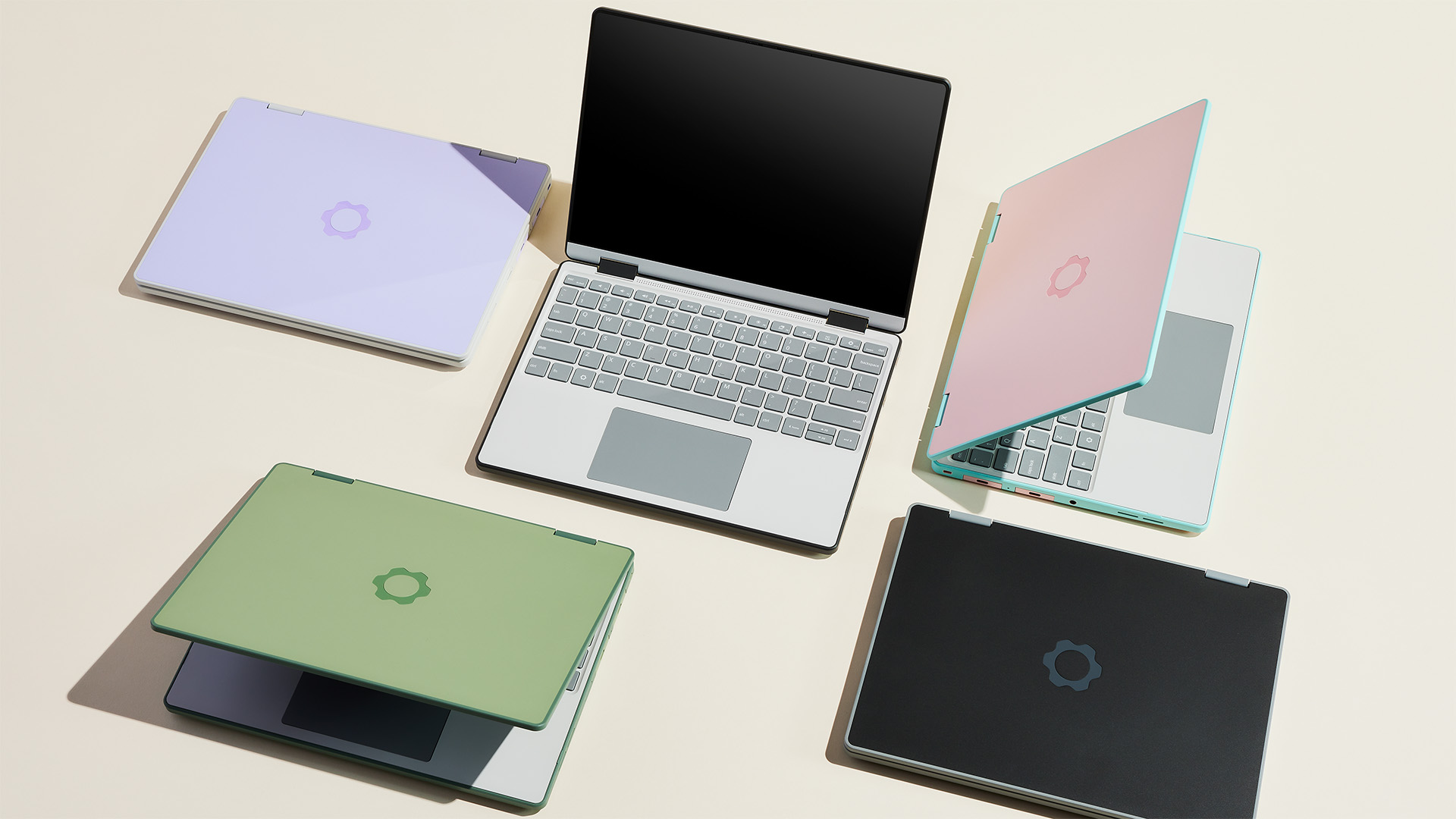 ‘We would have to sell the lowest-end SKUs at a loss’: Framework says it’s ‘temporarily pausing’ some US laptop sales amid tariff disruption
‘We would have to sell the lowest-end SKUs at a loss’: Framework says it’s ‘temporarily pausing’ some US laptop sales amid tariff disruptionNews Modular laptop designer Framework says it is “temporarily pausing US sales” in response to the disruption caused by US tariffs on Taiwanese imports.
By Ross Kelly
-
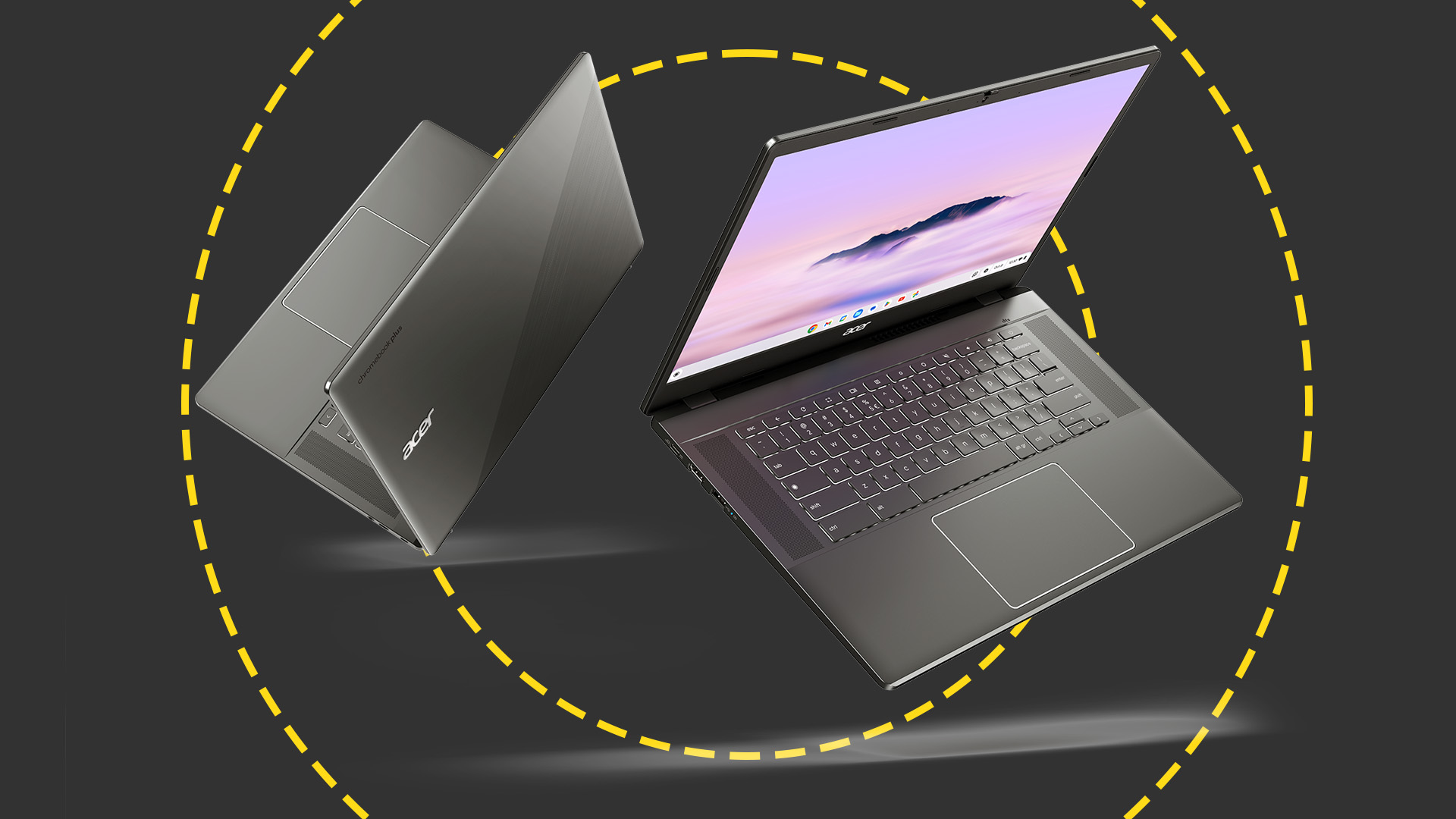 Acer Chromebook Plus 515 review: A brilliant big-screen workhorse for tight budgets
Acer Chromebook Plus 515 review: A brilliant big-screen workhorse for tight budgetsReviews Compromises have been made to stay in budget, but the Plus 515 makes sense as a hard-working, cost-conscious Chromebook
By Stuart Andrews
-
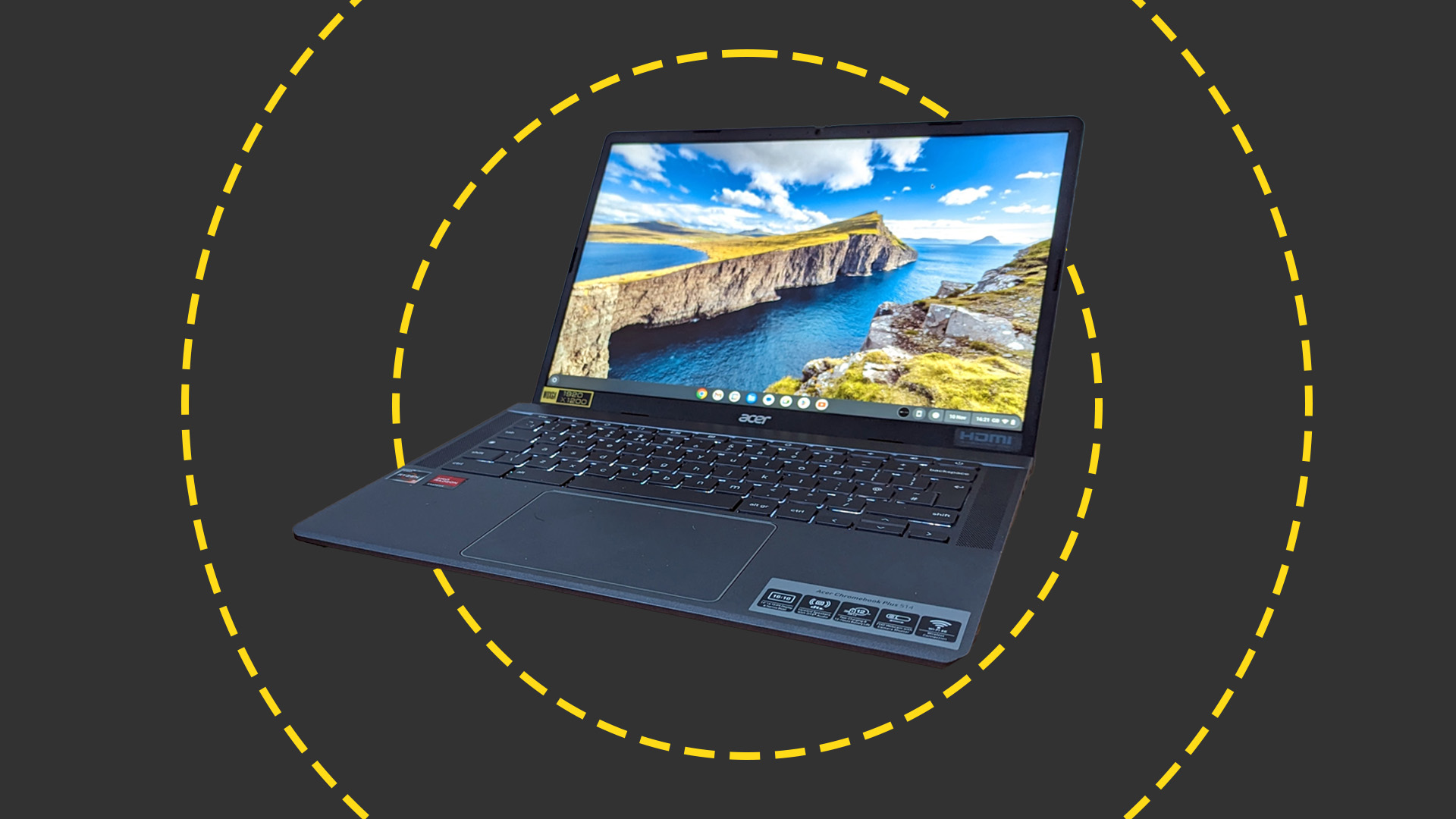 Acer Chromebook Plus 514 review: A better class of budget Chromebook for business use
Acer Chromebook Plus 514 review: A better class of budget Chromebook for business useReviews The Chromebook Plus 514 is a solid, speedy Chromebook on a limited budget
By Stuart Andrews
-
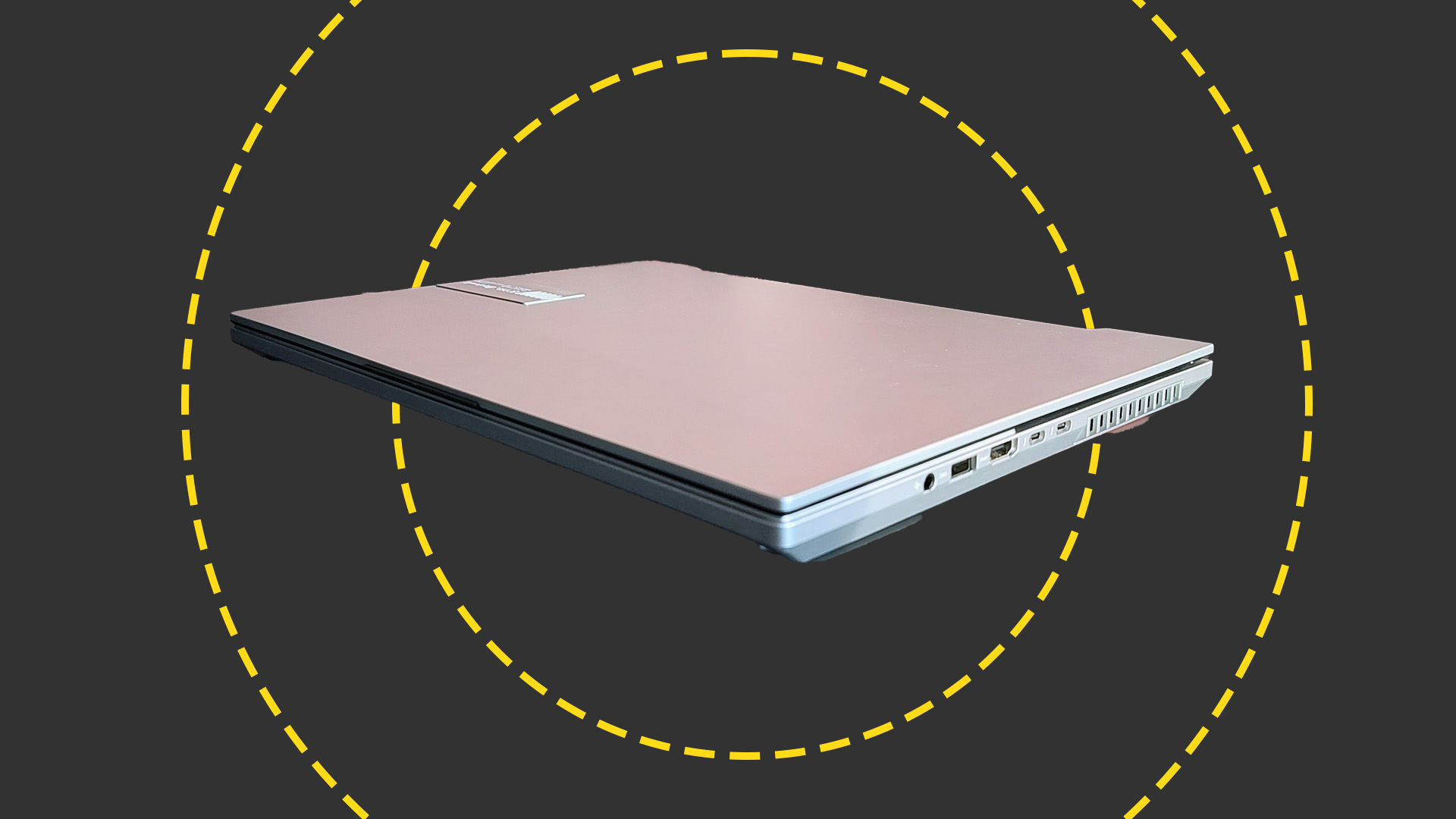 ASUS Vivobook Pro 16X OLED (K6604) 2023 review: An extraordinary omnicompetent laptop
ASUS Vivobook Pro 16X OLED (K6604) 2023 review: An extraordinary omnicompetent laptopReviews If there's a task the new Vivobook Pro 16X can't do well, and quickly, we can't find it – it's a jack-of-all-trades par excellence
By Alun Taylor
-
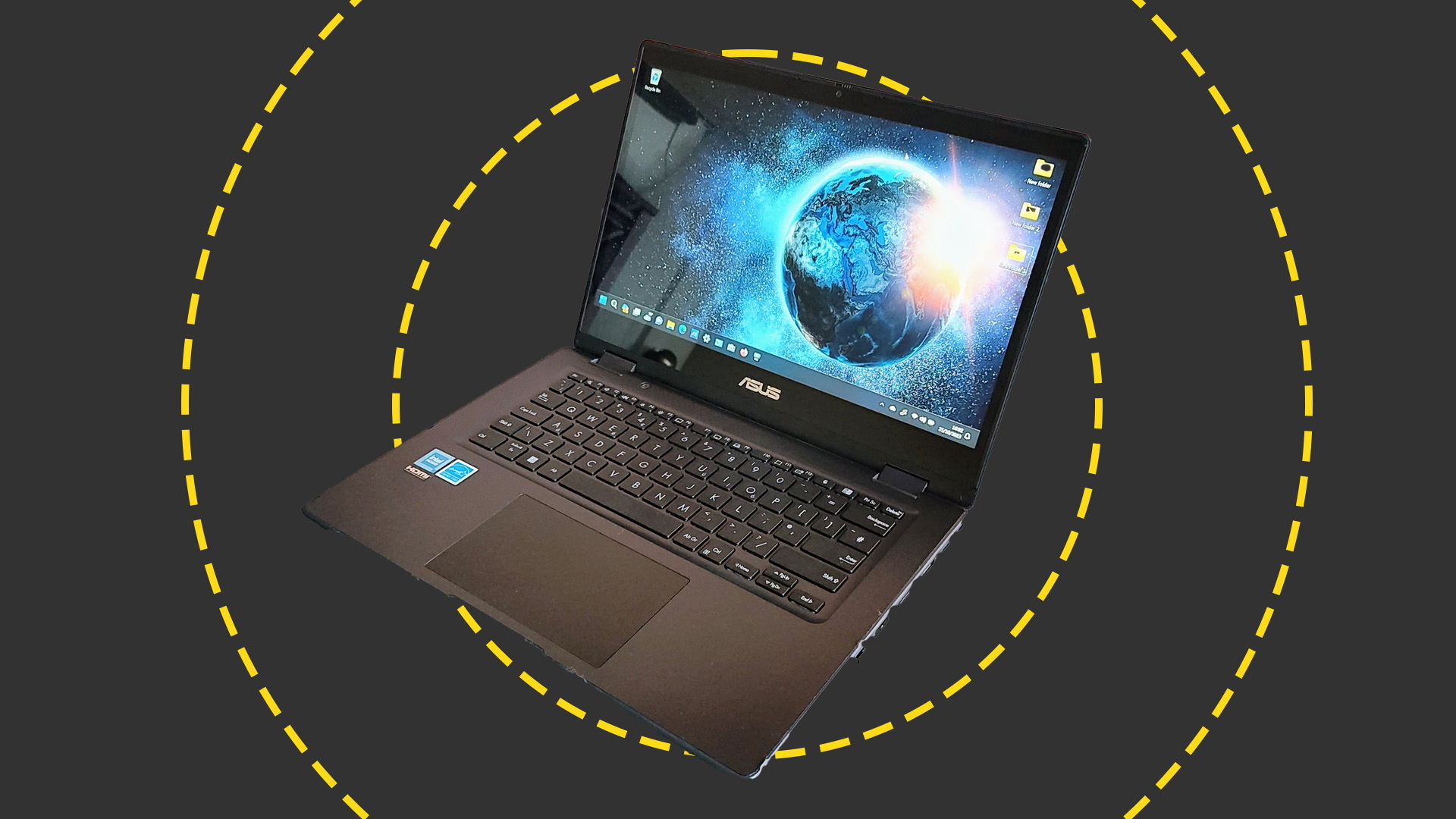 Asus BR1402 review: Rugged modularity for the classroom and workplace
Asus BR1402 review: Rugged modularity for the classroom and workplaceReviews The BR1402 is no powerhouse, but it's versatile, rugged, and crammed with useful features
By Alun Taylor
-
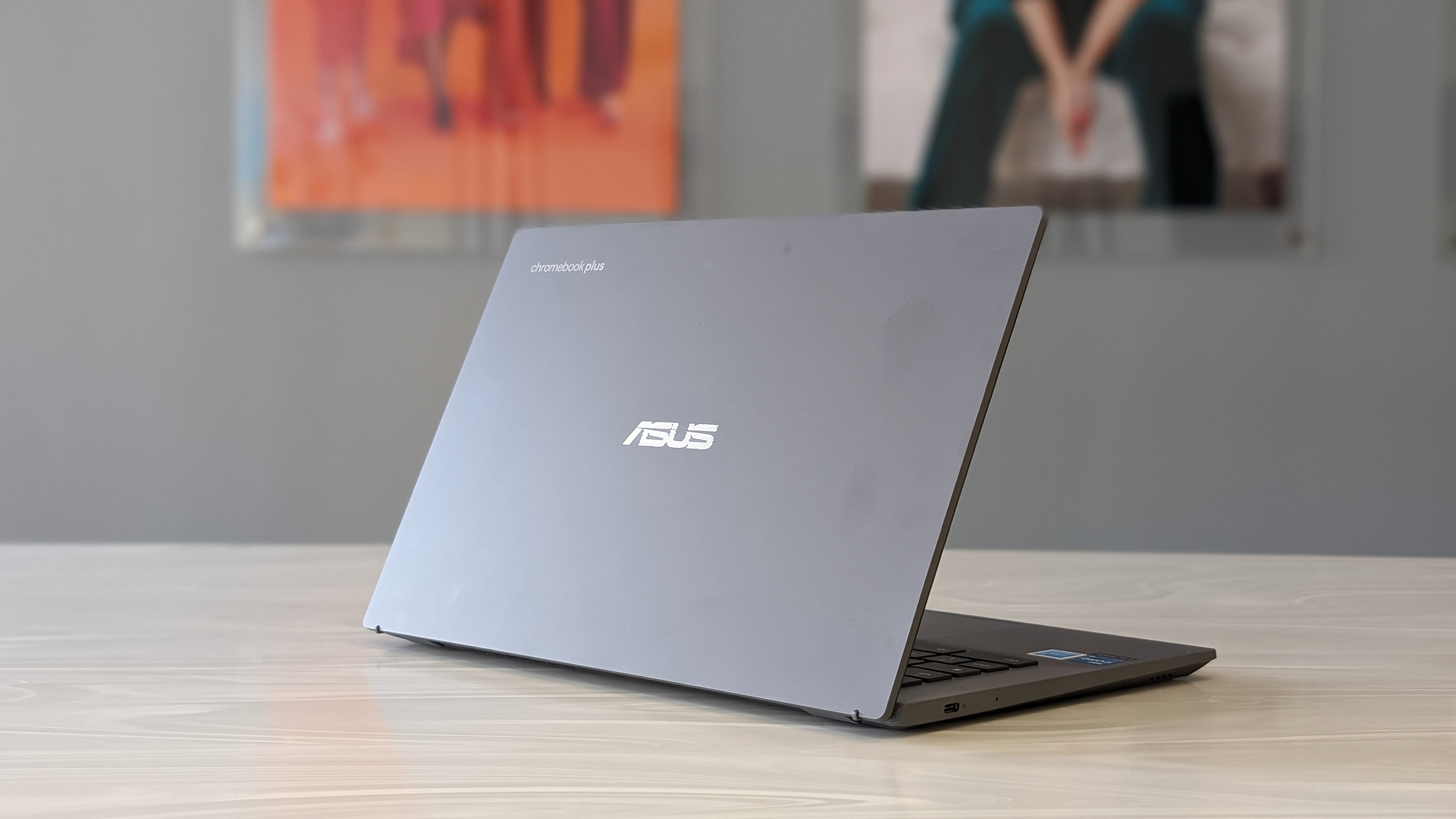 Asus Chromebook Plus CX34 review: i3-powered goodness for students and small businesses
Asus Chromebook Plus CX34 review: i3-powered goodness for students and small businessesReviews The first of a new breed of Chromebook, the CX34 is an affordable workhorse
By Bobby Hellard
-
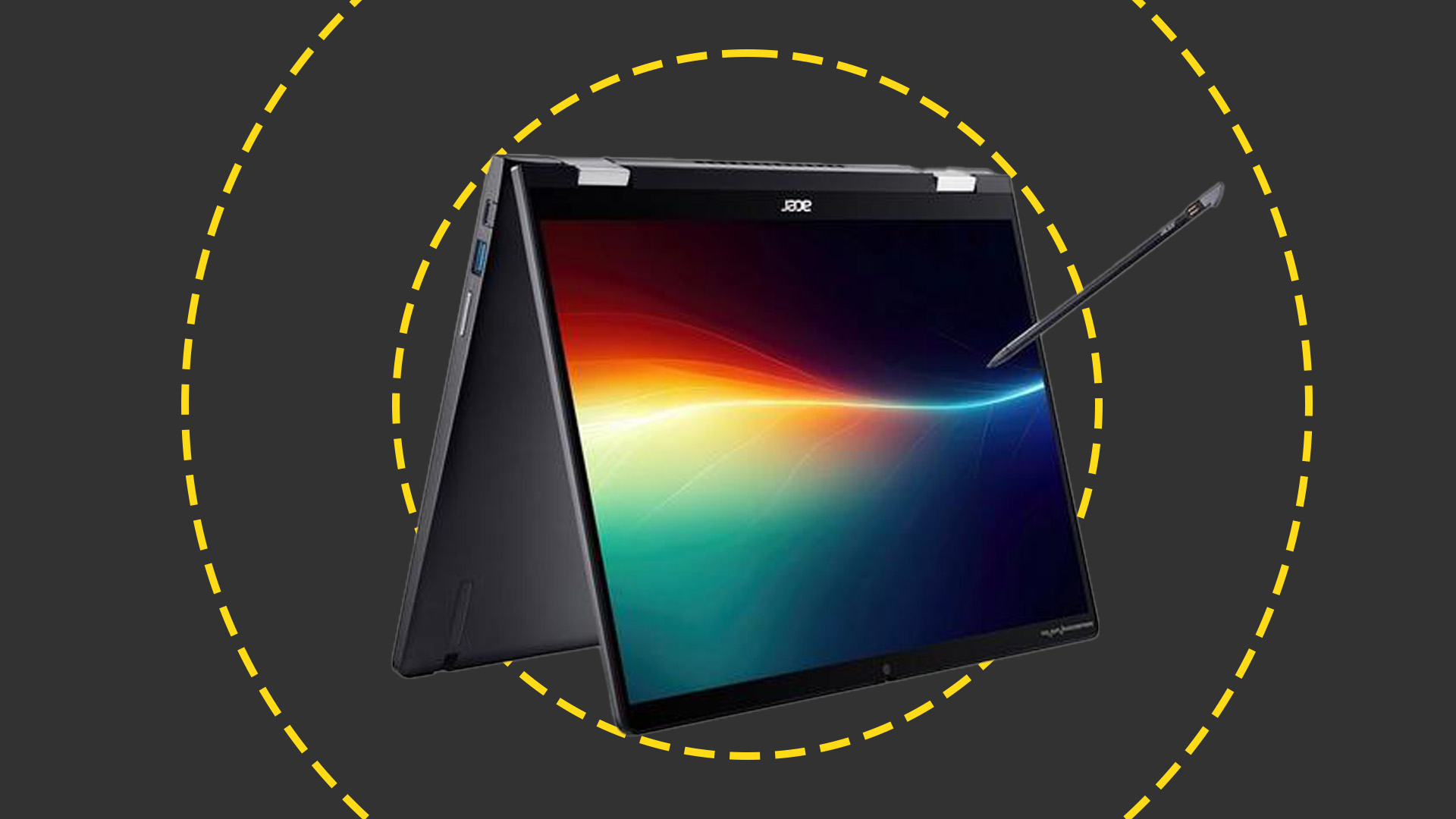 Acer Chromebook Spin 714 review: The best business Chromebook gets a refresh
Acer Chromebook Spin 714 review: The best business Chromebook gets a refreshReviews With a great design, excellent performance and impressive battery life, this is the new business Chromebook to beat
By Stuart Andrews
-
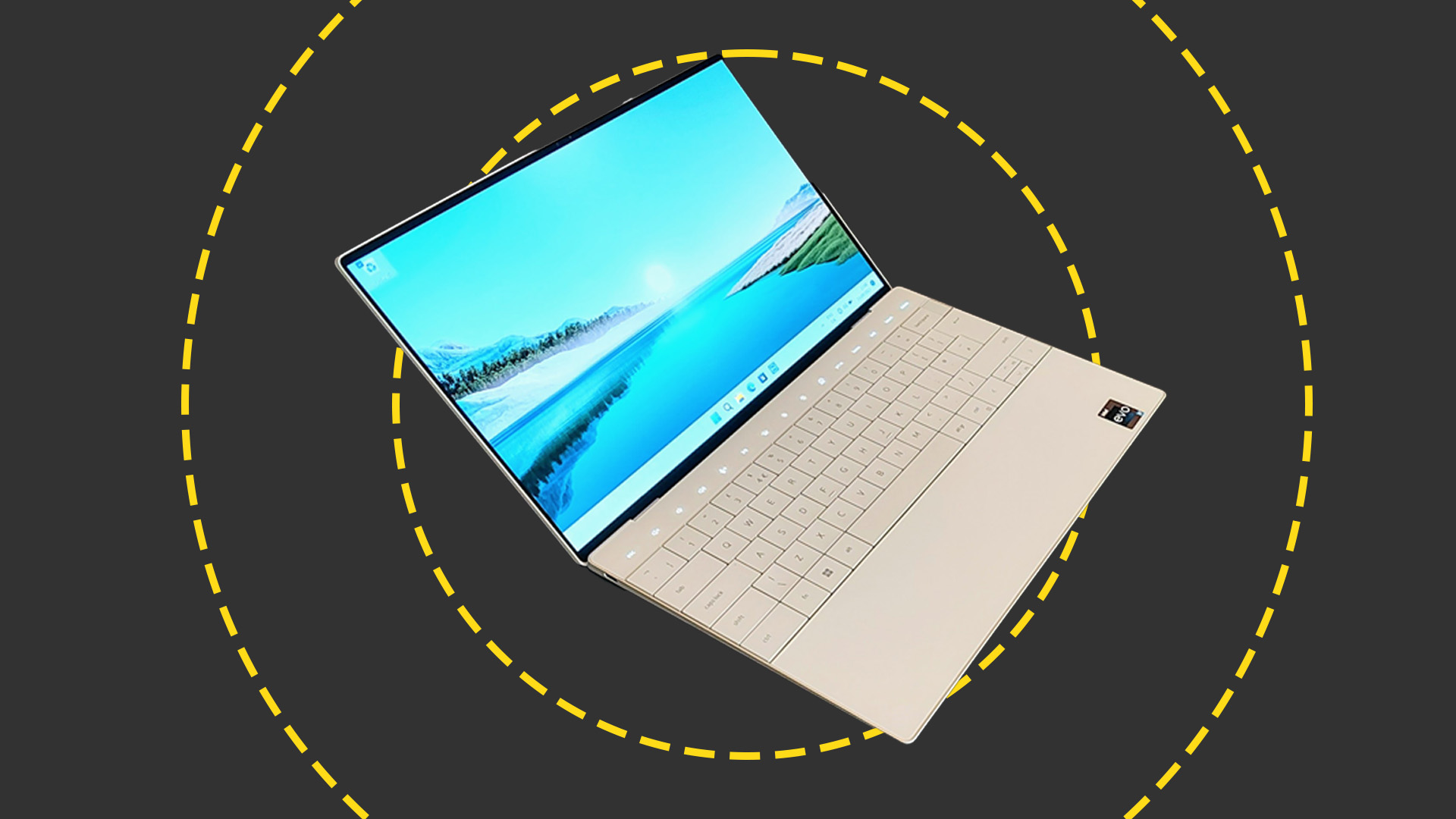 Dell XPS 13 Plus (2023) review: A design classic
Dell XPS 13 Plus (2023) review: A design classicReviews Dell's latest premium compact combines an outstanding OLED display with a unique keyboard design
By Alun Taylor